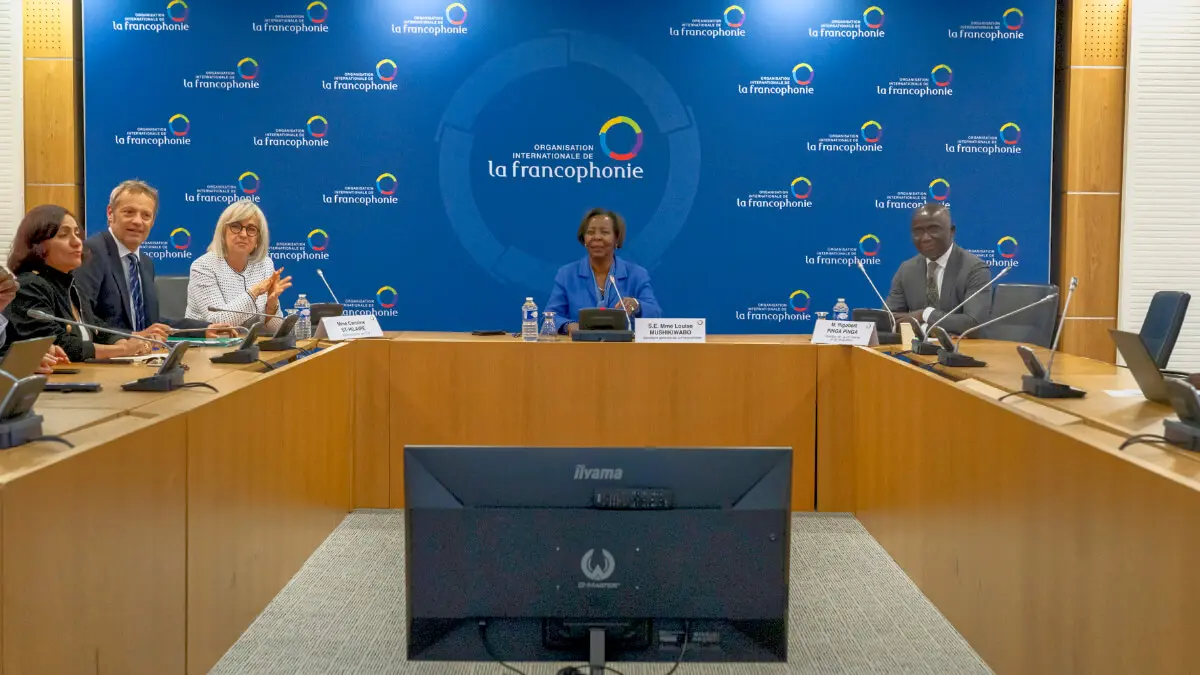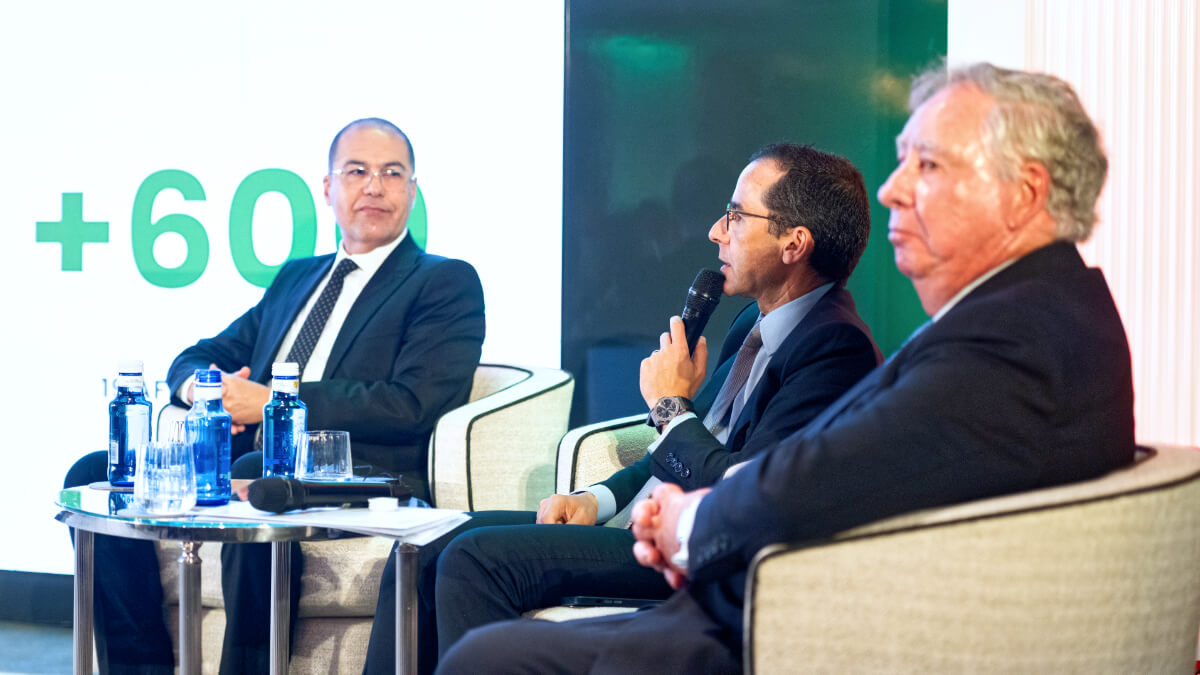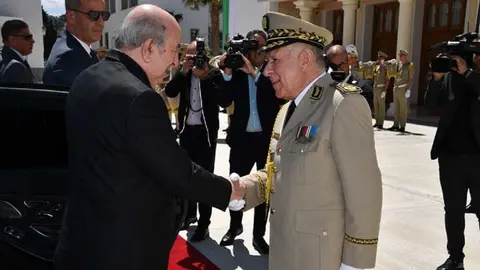Francophone Africa: united by language and history in a new economic vision

United by historical, religious and linguistic ties, and in a global scenario marked by the strengthening of regional blocs and the search for economic sovereignty, the French-speaking nations of Africa are increasingly leaning towards new economic alliances that reinforce their cooperation.
At the recent forum ‘Morocco & Spain: Investing Together for a Sustainable & Shared Future’, attended by political leaders, economists and businesspeople, one key theme emerged: French-speaking African countries are stronger together. Apart from language, these nations share a common colonial history, religious ties and similar structural challenges. They are therefore exploring new ways to deepen regional integration, not only symbolically, but through concrete economic initiatives.
Beyond political borders or traditional trade agreements, French-speaking African countries must continue to strengthen their economic ties, with the French language as a key connecting element. This phenomenon, visible in regional alliances and international forums, reflects a profound change in the way they project themselves into the future, leaving aside one of their most important historical allies: France.

End of French control in Africa?
It is nothing new that, in recent years, France's economic and political influence in its former colonies has been criticised and questioned, but it is even less surprising that, for years, it has been said that the end of ‘Françafrique’ is near. Proof of this is the decline in the Sahel, with coups d'état; the loss of influence and withdrawal of French troops in countries such as Senegal, Ivory Coast and Mali, among others; and most recently, the commitment of experts to building a common post-colonial identity that will increase the number of regional economic alliances.
In addition, for years, France has been pulling strings in its former colonies in West and Central Africa by using the famous ‘CFA franc’, the main currency used by 14 African countries. Although the French government boasts of trade stability or ‘fixed convertibility with the euro,’ several French-speaking African countries have expressed their total disagreement with this ‘colonial currency,’ arguing that it is only a smokescreen used by France to gain control of their economies.
Proposals to create a currency of their own in Africa reflect a growing desire to reduce external dependence and gain financial autonomy. However, several experts agree that this could represent a risky and flawed change.

Francophone union
In any case, French is more than just a linguistic link; it is also proving to be a diplomatic and commercial bridge. Francophone nations are currently working to build their own platforms. Organisations such as the Pan-African Federation of Francophone Entrepreneurs (FPEF) have shown that it is possible to create a joint platform for trade and investment: ‘We firmly believe that the Francophone world and entrepreneurship are a winning combination for building a better future,’ the FPEF states on its website. It is clear that this union between French-speaking African countries is not only driven by economic interests, but also by a shared identity, which strengthens their capacity for integration and international cooperation.
Added to this is the cultural and religious dimension, which, although less visible, has significant symbolic value. Most of these countries share mainly Christian and Islamic religious practices, which fosters a common vision of institutions, social values and governance structures. These can also facilitate the development of multilateral agreements and strengthen intergovernmental trust.
#ForumEuropeAfrique @SandraKassab1, directrice Afrique AFD :
— Agence Française de #Développement (AFD) 🇫🇷 🇪🇺 (@AFD_France) May 6, 2025
"@FinanceInCommon est le pari d'un partenariat équilibré, un laboratoire d'innovation qui permet une vision partagée pour relever le défi de l'investissement que représentent les trajectoires de développement du monde… pic.twitter.com/CT5othXmbe
Partnerships for development
Similarly, beyond the French-speaking world, partnerships such as Spain's collaboration with Senegal through the Africa Avanza Alliance initiative and its cooperation with Morocco show that interest in African regional development is transcending linguistic boundaries and moving towards broader and more sustainable frameworks for collaboration.
The challenges remain, but so does the desire to move forward. The road ahead is undoubtedly fraught with obstacles. Political instability and dependence on external powers continue to hamper progress. France's continued influence in the region remains a sensitive issue, especially as countries debate the role of the CFA franc and seek greater monetary sovereignty. But the focus is shifting: what was once merely a response is now becoming an initiative. The new generation of leaders and entrepreneurs is calling for reforms that respond to local needs rather than the interests of powerful nations.
Francophone Africa is in full swing, demonstrating that today's alliances are not built solely on economic needs, but also on a shared identity and aspiration.










